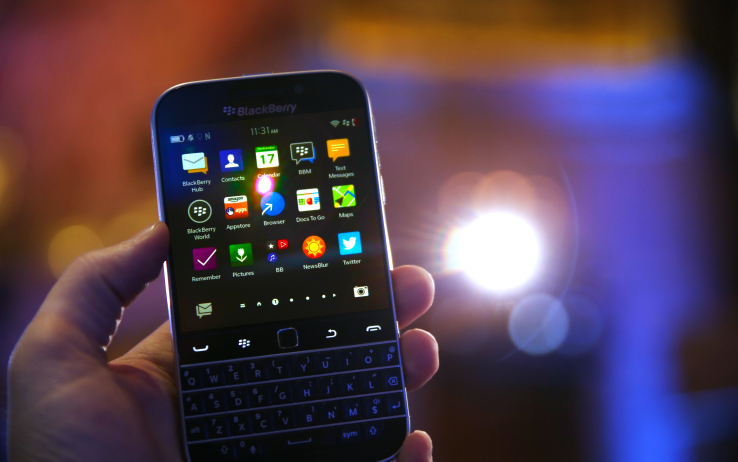
In the past 12 months, BlackBerry (and its parent company, Research in Motion) seem to have lost their way. It seems that they got carried away with innovation at the expense of what really matters most to the customer’s buying decision.
Too often with tech companies, they keep trying to add more technical “bells and whistles.” The problem is, if the “bells and whistles” over-complicate the product and are not valued by the customer, and if customer service gets sacrificed in order to pay for all the new bells and whistles, then no amount of new product innovation will matter, because the bad service has a shadow effect on everything else.
1. No longer number 1 in security: BlackBerry used to be the gold standard in smart phone security for small-to-mid-sized businesses. BlackBerry was known for “security” just as Volvo is known for “safety.” This is no longer the case, as even some law firms (businesses that require the highest levels of information security and confidentiality) have introduced Android and iPhone devices that meet or exceed the BlackBerry standards for security.
2. Service outages: Millions of BlackBerry users were without service for 3 days in October 2011 due to a critical network failure and numerous notable events like that. When your service is responsible for connecting customers to their business critical data and communications, you can’t afford to make your customers endure a service outage for three days.
3. Apps are less than “appetizing:” Because of the excessive specificity of the BlackBerry OS, the BlackBerry does not “play well with others.” This means that some apps which people love (like Google Maps) are not available on BlackBerry, or are only available in a convoluted, counterintuitive alternate version of the app you can easily get on iPhone or Android.
4. Faltering tech support: At Smart Advantage, we’ve experienced firsthand what a cumbersome, circular, multi-tiered nightmare it can be trying to get on the phone with an actual knowledgeable tech support person from BlackBerry. They have multiple layers of tech support, each with their own delays, limitations and (often) extra fees, before you can get through to someone who can help.
5. Failed attempt to sell new products: The Research in Motion PlayBook was the company’s attempt to compete with Apple’s game-changing iPad tablet computer, but it has floundered. RIM sold only 200,000 PlayBook tablets in the most recent quarter, compared to 11 million iPad sales during that same time period. No one is buying the PlayBook, in large part because it doesn’t offer easy access to e-mail (which is one of the most frequently-used and most relevant applications for any smart phone or tablet user) and lacks Apple’s extensive universe of multipurpose apps. RIM has tried to move more PlayBook tablets by slashing the price (even if that means selling at a loss), and now they’re apparently giving the PlayBook away for free as a “freebie bonus” for enterprise server customers. It appears that cutting prices is a signal of surrender.
This story is an example of how when competitive advantages go away, the negative momentum can become a self-fulfilling prophecy, especially in the fast-paced technology sector. Once the iPhone and Android came around, all of a sudden BlackBerry’s key competitive advantage went away, and RIM never adapted fast enough to meet the changing needs of the market.

